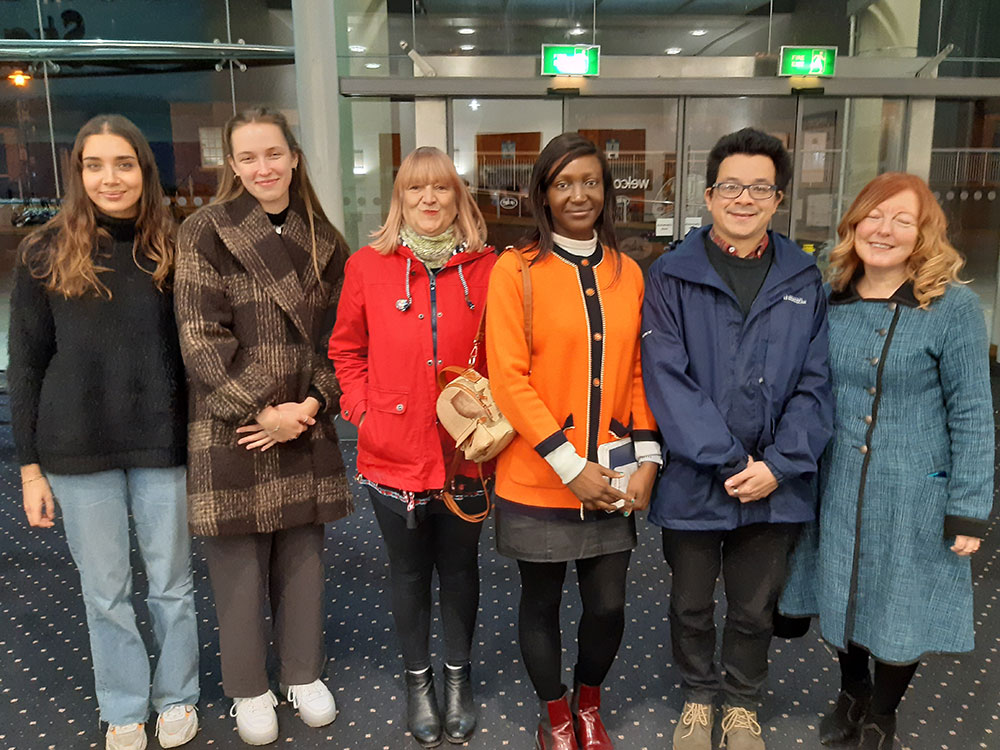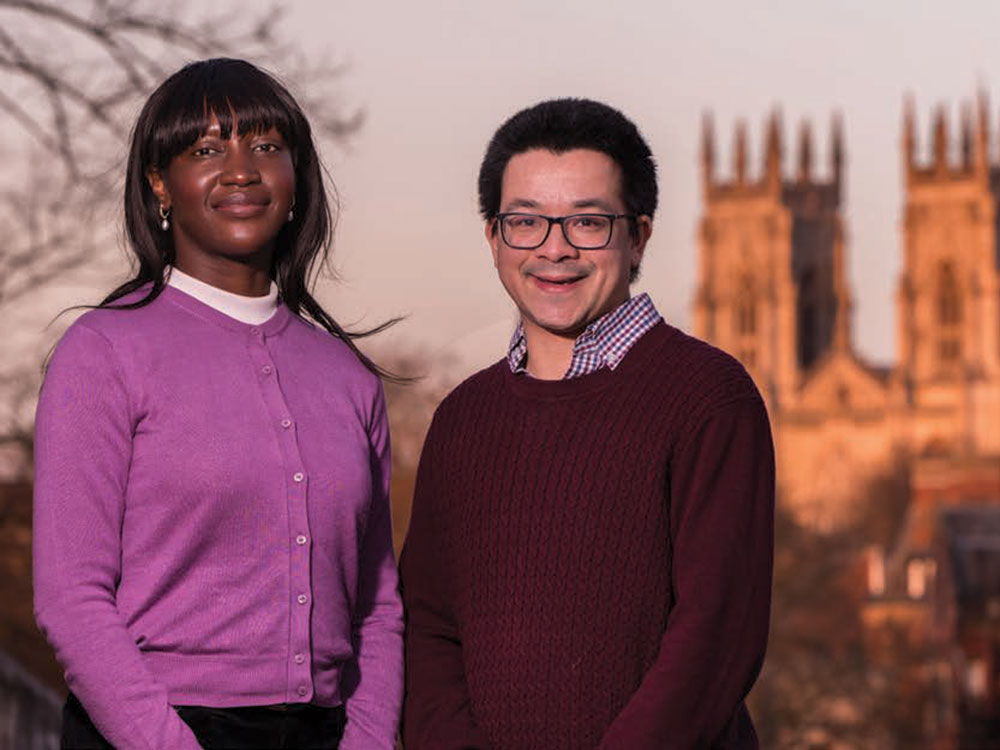There should be a “widespread acceptance” of the need for an anti-racism strategy in York following the publication of a new report, according to the organisation behind it.
The report – ‘a snapshot view of racial disparity in the city of York’ – draws on data from a range of organisations to highlight the disparities facing ethnic minorities in the city.
It comes after City of York Council passed a motion declaring its ambition to make York the north’s first anti-racist and inclusive city following a campaign spearheaded by York-based Haddy Njie, chair of Inclusive Equal Rights 3.0.
Haddy has told of her experiences of “horrific” racism in York and has said is the place she and her partner have encountered the most discrimination of all the places they have lived in the UK.
Key findings from the report include:
- Census data shows approximately 14 per cent of York’s population is from an ethnic minority – an increase from 12 per cent in 2011
- But just 6.3 per cent of City of York Council staff are from ethnic minorities
- Of the 400 managers in adult social care in York, only 1.5 per cent are from ethnic minorities compared to the national figure of 15.7 per cent
- In 2022, hate crime incidents in the North Yorkshire Police area exceeded 1,000 for the first time, of which around two thirds were race related hate crimes
- From 2018-2020, people from the Black and Black British population were 18 times more likely to be stopped and searched by North Yorkshire Police than White British people.
Haddy said: “The findings documented in this report give a clear indication of the structural inequalities in York that are disproportionately affecting people from ethnic minorities.
“The most disturbing evidence is that relating to stop and search data but the overall picture shows the urgency and seriousness we must take in tackling the issues of racism.
“It is extremely upsetting that ethnic minorities are not treated and valued as equal in so many aspects of their lives.”
‘Very disappointing’

The organisation is developing a long-term anti-racism and inclusion strategy and action plan to be submitted to the council in the summer.
Jake Furby, IER co-chair, said: “Overall, the picture is bleak in terms of the position of BAME (black and ethnic minority) people within the workforce. Some sectors do better – or appear to do better – but no one sector can claim to have addressed key issues around race equality.
“There now must be widespread acceptance of the need for a truly inclusive anti-racist strategy covering the whole of the city.”
[adrotate group=”3″]
More than 100 of the city’s largest private sector employers were also contacted for the report, but none replied.
Haddy said: “It is very disappointing that some of the city’s biggest employers did not have the opportunity to respond to our data collection requests.
“Their responses would have given us the chance to fairly assess their race relations initiatives.
“The reasons for the lack of responses could be as a result of internal challenges such as capacity, however, we urge organisations to work with us in a collaborative and transparent manner.”
Download and read the report below.
[tptn_list limit=3 daily=1 hour_range=1]
